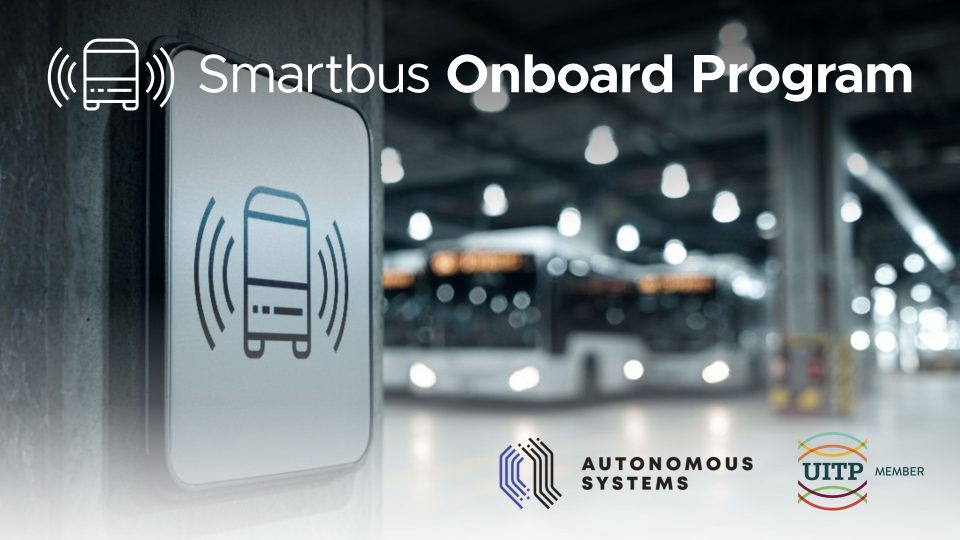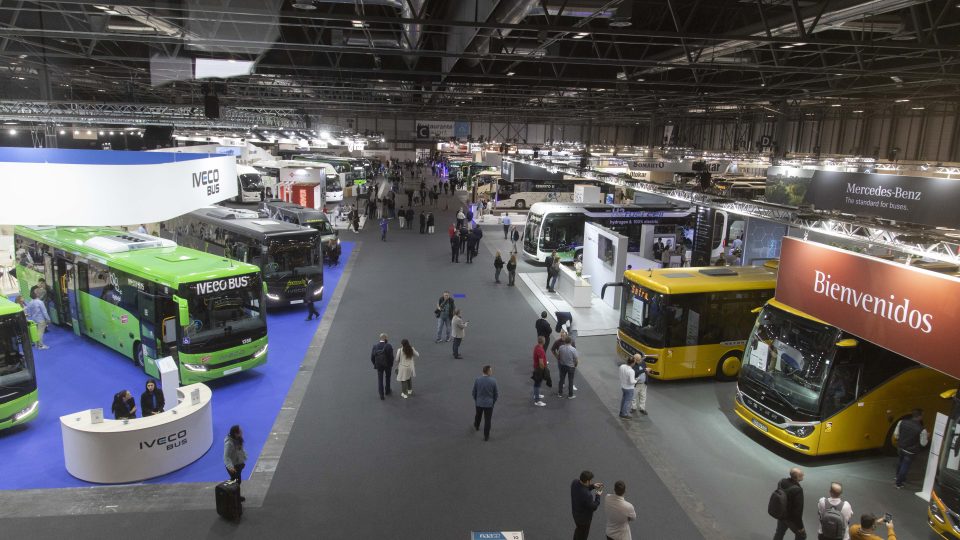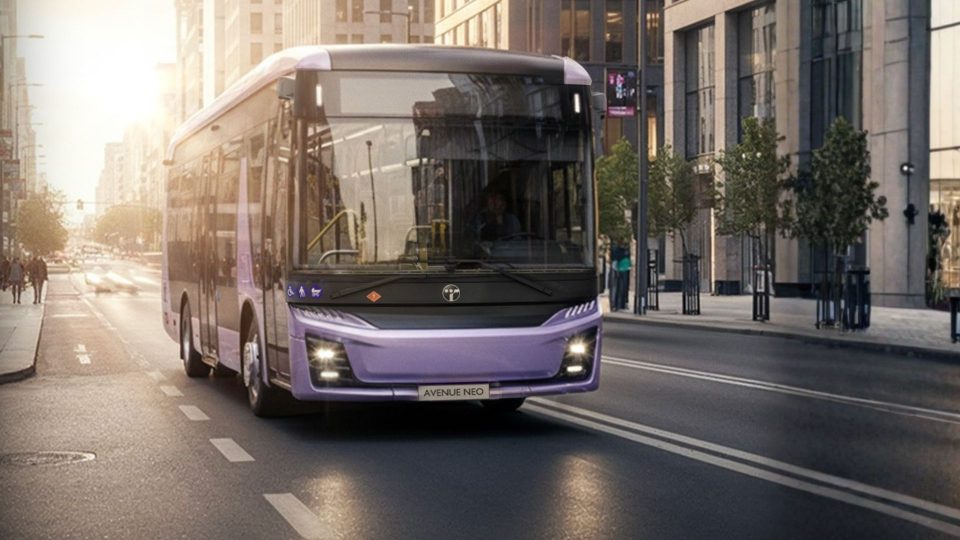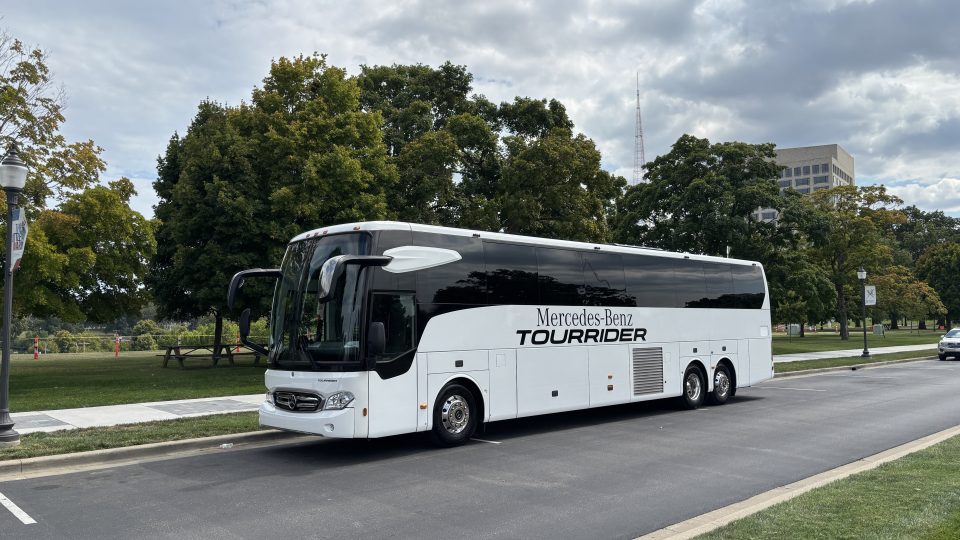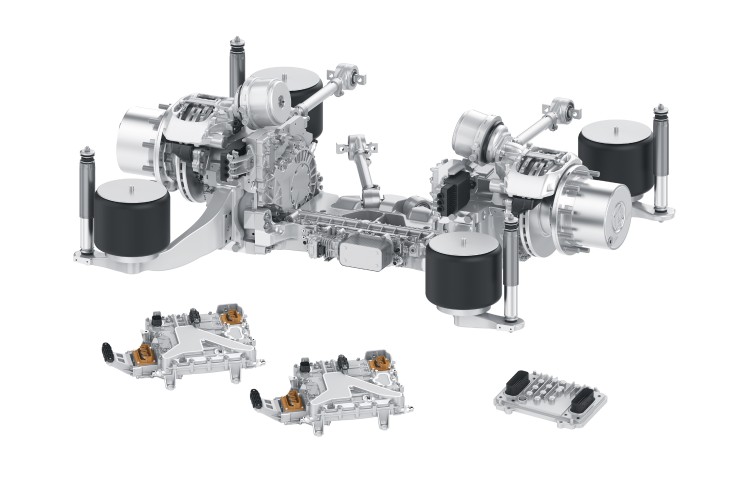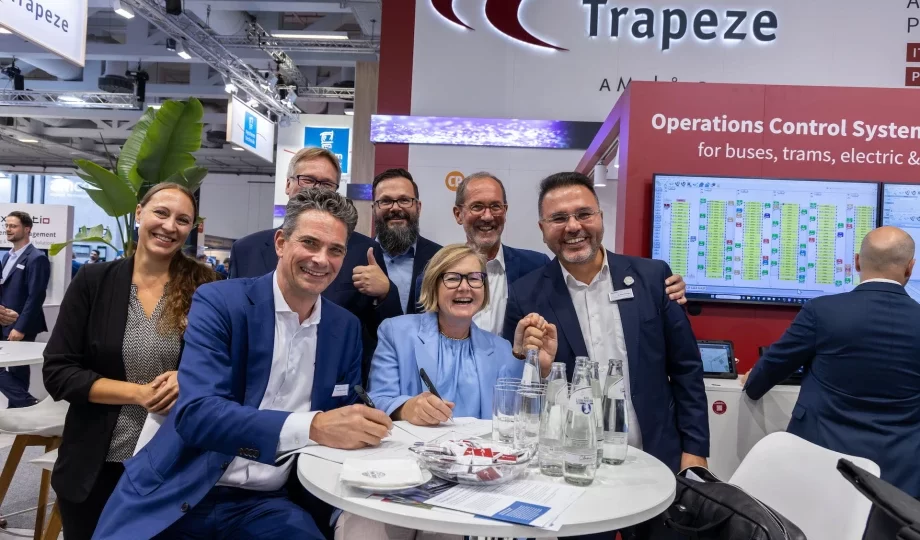A German district chose to run existing diesel buses on HVO instead of buying new electric buses
Electric buses are too expensive: the Northwest Mecklenburg district council, in Germany, has taken the decision to operate its diesel fleet via HVO 100 synthetic fuel (produced from waste and used vegetable oil) in future, as reported on German trade media Bus Blickpunkt. Northwest Mecklenburg uses HVO for public transport HVO 100 enables 90 per […]
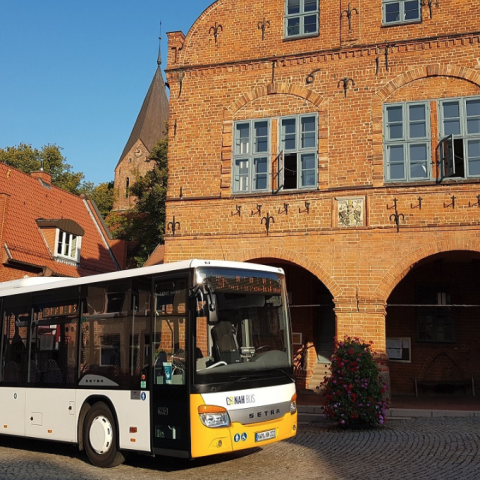
Electric buses are too expensive: the Northwest Mecklenburg district council, in Germany, has taken the decision to operate its diesel fleet via HVO 100 synthetic fuel (produced from waste and used vegetable oil) in future, as reported on German trade media Bus Blickpunkt.
Northwest Mecklenburg uses HVO for public transport
HVO 100 enables 90 per cent CO2 savings, according to the district administration. No changes to vehicles and no training to the staff is required.
Bus Blickpunkt writes that: “The state had promised the district’s own public transport company Nahbus subsidies for the switch to electromobility, which would only have covered around 30 per cent of the costs. The costs would have been neither economically feasible nor justifiable for Nahbus. The district administration had also recognised this and, following an economic feasibility study, had itself ultimately proposed staying with diesel buses as an alternative and operating them with HVO 100 in future. This would only cost ten per cent more than conventional diesel”.
NDR media also highlights that “originally, e-buses were to be used in the district of Nordwestmecklenburg in the future. These are now not to be purchased after all. Instead, the district administration would like the municipal transport company Nahbus to order ten new diesel buses”.


